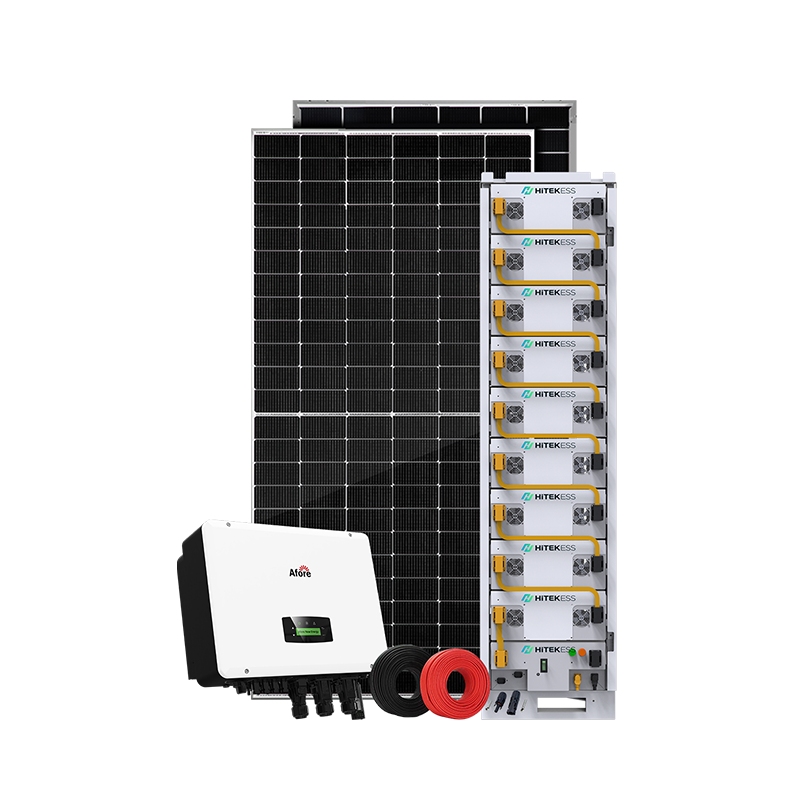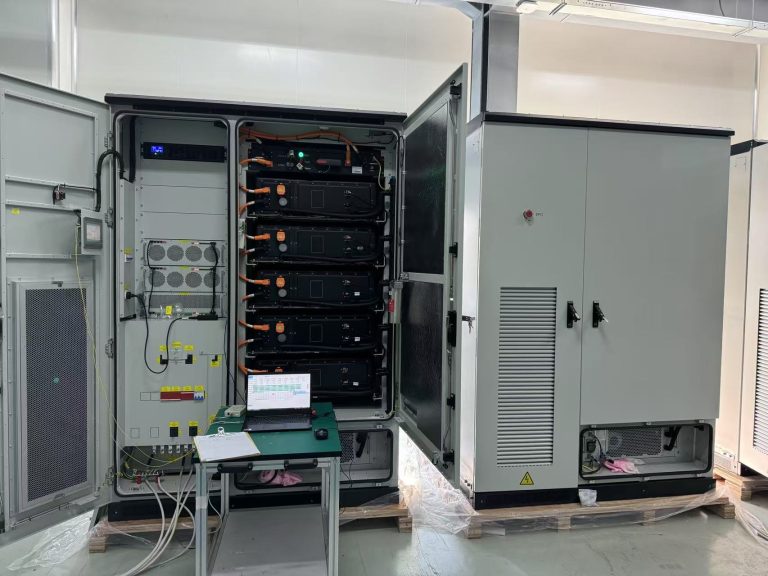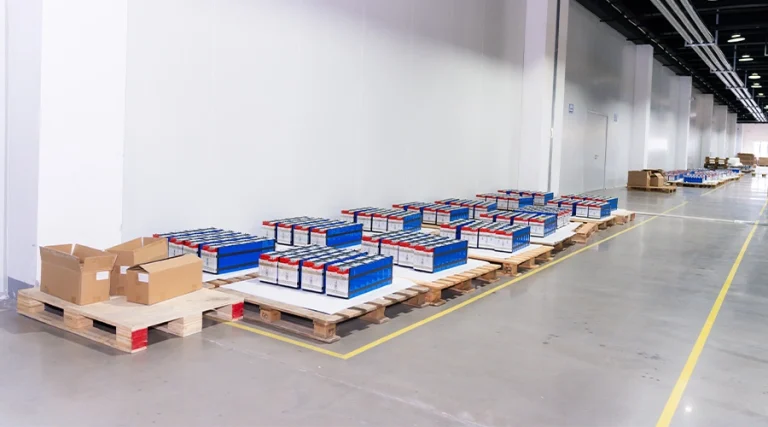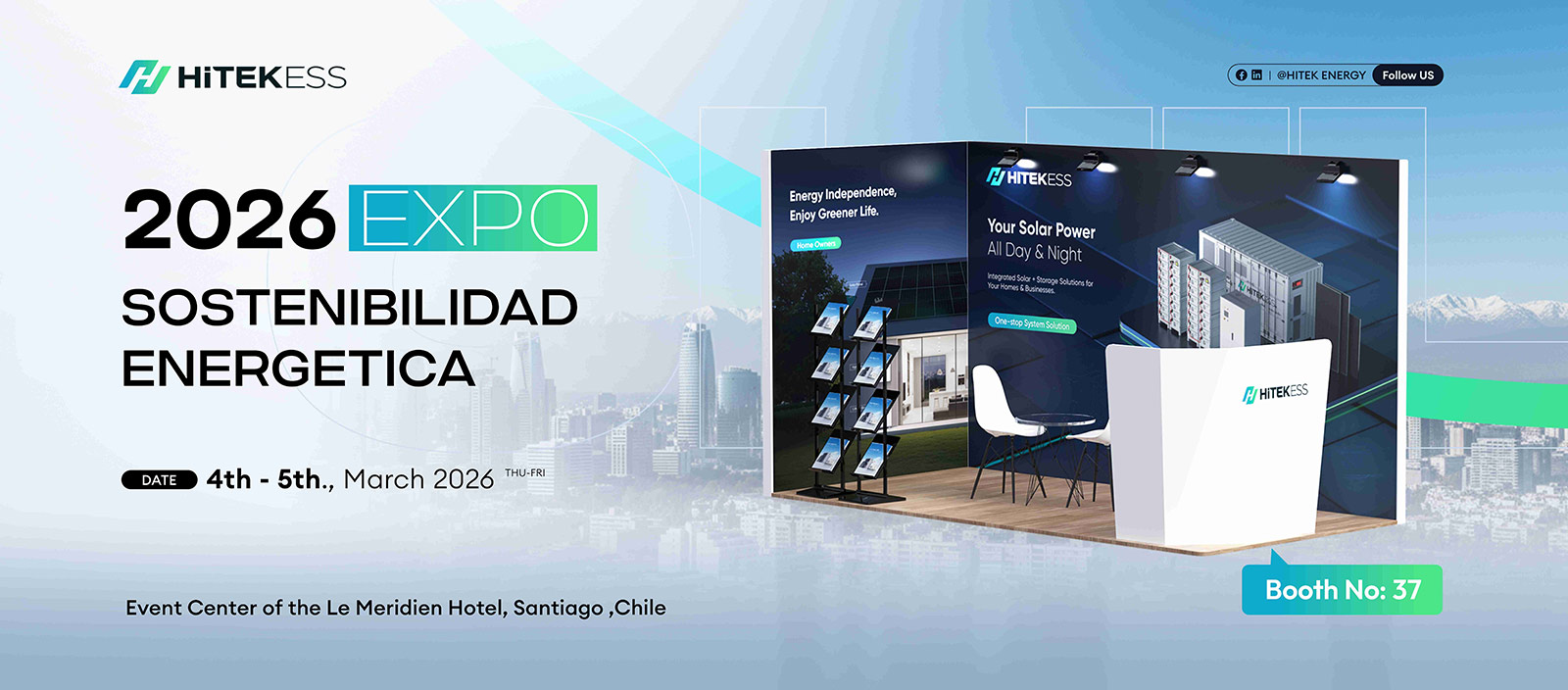
Hey HITEKESS folks, if you’ve got solar panels on your roof, you’ve probably wondered—do solar batteries work during blackouts? Living through a power cut last winter got me thinking hard about this. With storms knocking out grids more often, backup power from solar storage is a hot topic. I’ve dug into how it works, drawing from my own setup tweaks and talks with energy buffs. This blog breaks down solar batteries, their backup modes, and what to expect when the lights go out. Whether you’re prepping a home or just curious, let’s get into it!
Why Backup Power Matters for Solar Owners
Imagine a blackout hitting—fridge off, Wi-Fi dead, maybe even heat gone. For solar folks, batteries can be a lifeline. They store energy from your panels during the day, ready to kick in when the grid fails. I learned this the hard way when a storm left us dark for 12 hours; my system saved the day.
Data from the U.S. Energy Information Administration shows outages hit 1.3 billion times annually, costing billions. Solar storage with backup power cuts that stress, especially in areas with shaky grids or high rates. It’s not just convenience—it’s peace of mind. But it’s not automatic; setup and mode matter.
Quick Benefits of Backup Power
Keeps essentials running—lights, fridge, phone chargers.
Works off-grid if wired right.
Cuts reliance on noisy generators.
I once relied on a gas generator—loud and smelly. Batteries are quieter, cleaner.
How Solar Batteries Handle Blackouts
Solar batteries don’t just sit there—they’ve got smarts. Backup power modes decide how they act during outages. I’ve tested a few setups and picked up tips from pros. Here’s the rundown.
Backup Mode Basics: What’s Happening Inside
Most systems, like those with lithium-ion batteries, switch to backup mode when the grid drops. A transfer switch isolates your home from the grid to avoid feeding power back—safety first. My system took 20 seconds to kick in; modern ones can be faster, under 10.
During the day, panels charge the battery if sun’s up. At night or cloudy times, the battery powers your load. I noticed mine held steady for 8 hours with lights and a fan running. Capacity—usually 10-15 kWh for homes—sets the limit. Overload it, and you’re out of juice.
Key Backup Power Modes
Self-Consumption Mode: Prioritizes battery use over grid. Great for peak rate times, but during blackouts, it drains fast if panels aren’t producing.
Off-Grid Mode: Fully disconnects from the grid. Works with an inverter to run independently. I used this during that storm—kept my fridge cold.
Hybrid Mode: Balances grid and battery. Switches to backup seamlessly. My neighbor swears by it for mixed weather.
Real talk: My first mode choice flopped—drained in 4 hours. Switched to hybrid, and it lasted twice as long.
Factors That Affect Backup Performance
Not every blackout is the same. Your battery’s behavior depends on a few things. I’ve tracked these through trial and error.
Battery Capacity and Age
A 10 kWh battery might run a 1 kW load for 10 hours—simple math, right? But age cuts that. After 5-7 years, lithium-ion drops 20% capacity. I tested mine at 6 years; it’s down to 8 kWh. Lead-acid fades faster, maybe 50% after 3 years.
Tip: Check your manual for cycle life—1,000-6,000 charges. Mine’s at 800, still good.
Weather and Solar Input
No sun, no charge. During a 3-day blackout with clouds, my battery relied solely on stored power—ran out by day two. Winter shortens daylight; summer boosts it. A pro told me to size batteries for worst-case weather—overkill, but smart.
Inverter and System Design
The inverter converts DC to AC for your home. If it’s not backup-ready, you’re stuck. I upgraded mine to a hybrid model—cost $1,500 but handles 6 kW loads. Wiring matters too; a bad setup tripped my breaker once.
| Factor | Impact | Example Fix |
| Capacity | Limits runtime | Upgrade to 15 kWh |
| Weather | Cuts charging | Add more panels |
| Inverter | Controls output | Swap to hybrid model |
Setting Up for Blackout Success

Don’t wait for a power cut to test. I learned this after a shaky first blackout. Here’s how to prep.
Choose the Right Battery and Mode
Lithium-ion’s the go-to—lighter, longer-lasting. Lead-acid’s cheaper but heavier. I went lithium for my 10 kWh setup. Pick a mode matching your needs—off-grid for remote spots, hybrid for cities. A friend in the country swears by off-grid; works with his cabin.
Install a Backup-Ready System
Get a transfer switch and inverter designed for blackouts. My installer added one for $300—worth it. Size it for critical loads—fridge (150W), lights (100W), maybe a TV (200W). Total 450W is doable for most.
Test and Maintain
Run a mock blackout monthly. I flip my switch, run appliances, and time it—lasted 9 hours last test. Check connections for rust; clean terminals with baking soda. A pro visit yearly keeps it solid.
Side note: I forgot to test once—breaker tripped mid-storm. Oops.
Real-World Backup Stories
Hearing from others helps. I’ve gathered tales from my network.
Storm Survivor: A guy in Texas ran his AC on a 15 kWh battery during a 2021 freeze. Lasted 12 hours with hybrid mode.
Rural Win: My cousin’s off-grid cabin used 20 kWh across three days—no grid, just sun when it peeked.
City Struggle: A friend’s 5 kWh unit died in 6 hours during a blackout—undersized for his load.
These show sizing and mode choice are key. I adjusted mine after hearing these.
Your Trusted Backup Power Supplier: HITEK ENERGY CO.,LTD
When gearing up, HITEK ENERGY CO.,LTD is a solid pick for energy storage products, residential storage systems, and backup power. Since 2016, they’ve crafted reliable solutions like containerized BESS and inverters, serving homes and businesses globally. With tech patents and a passion for clean energy,they have made remarkable achievements in the field of energy storage. Check them out for setups that shine during blackouts.
Wrapping It Up: Power On Through Blackouts
Solar batteries can work during blackouts, but it’s all about the setup—right mode, capacity, and maintenance. Stories from the field and my own fixes show it’s doable with prep. Get that backup power humming, and you’ll weather any storm. Give it a shot!
Frequently Asked Questions About Solar Batteries and Backup Power
Do solar batteries work during blackouts with no sun?
Yes, if charged—mine ran 8 hours on stored power during a cloudy outage.
What’s the best backup power mode for solar storage during blackouts?
Hybrid mode balances well—kept my neighbor’s house going 10 hours last storm.
How long can solar batteries provide backup power in blackouts?
Depends on size—my 10 kWh lasted 9 hours with lights and fridge. Test yours!
Can I add more solar storage for better backup power during blackouts?
Sure, extra capacity helps—upgraded to 15 kWh after a short outage.
HITEK ENERGY’S HOT SELLING BACKUP POWER SOLAR SYSTEM
- Easy Installation Good Performance 5kw 10kw 15kw 20kw Offgrid Solar System 220V 380V 30kw Hybrid Solar System Home Use Complete Kit
Model: HT10KW-HY
- Hitek Containerized Solar System 100kw 250kw 500kw Hybrid Solar System with 500kwh 1mwh Lithium Battery 500kw 1MW Solar Battery Energy Storage System Price
Model: HT500KW-HY
- off Grid 3kw to 10kw Solar System with Battery for Homes with Energy Storage 220V Single Phase Complete PV Residential Solar System Kit Solution
Model:HT5KW-OFF
- Hitek 20FT 40FT Bess 250kw 500kw 1MW Solar Storage System Container 400kwh 500kwh 1mwh 2mwh 3mwh 5mwh Lithium Ion Battery Energy Storage System Container Price
Model: HT-250/500-EC
- Hitek Deye Atess 30kw 50kw 100kw 200kw 300kw Hybrid Solar Power System All in One Stop Solution 50kVA 100kVA on-Offgrid Solar System with Lithium Battery Backup
Model: HT100KW-HY



